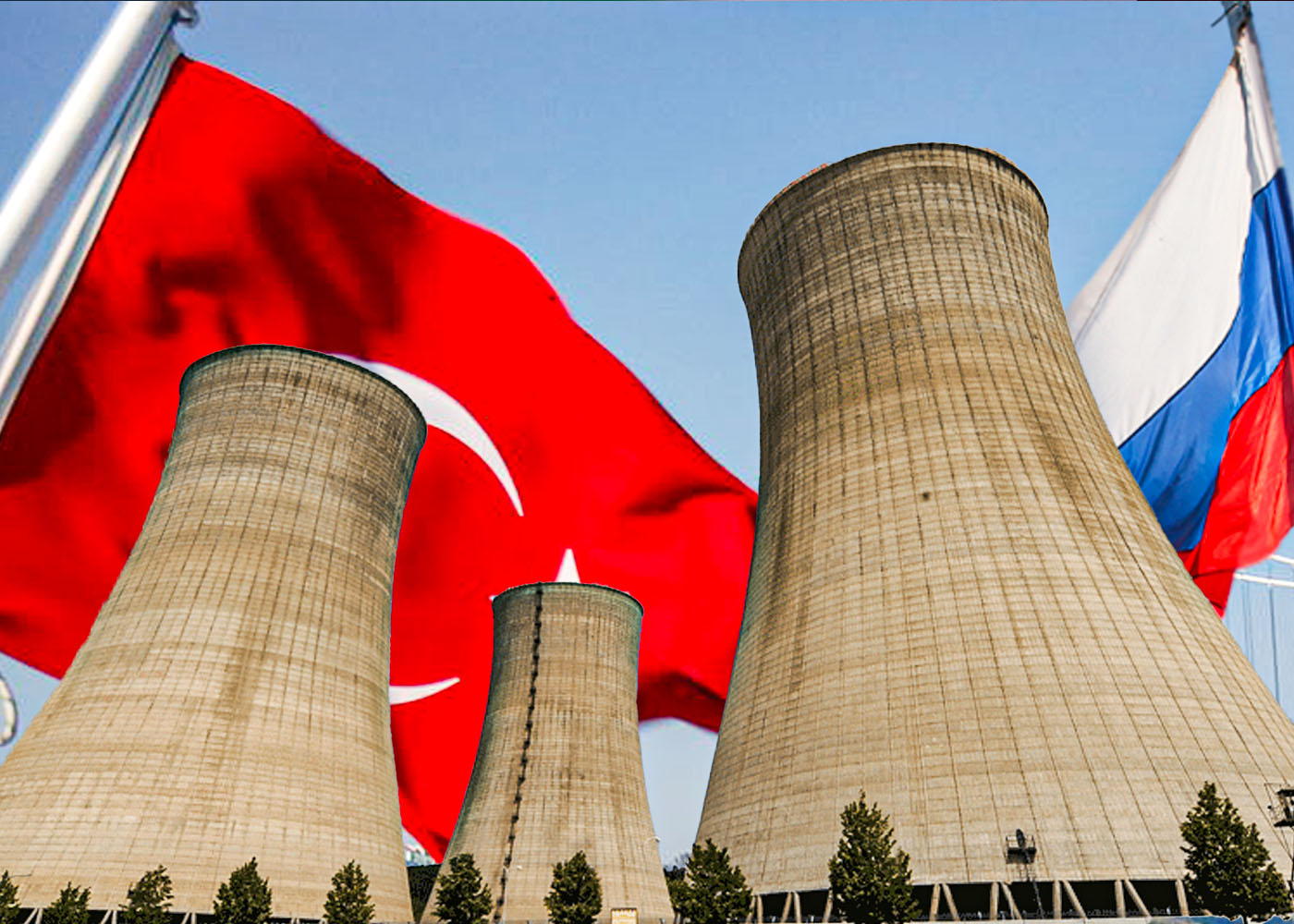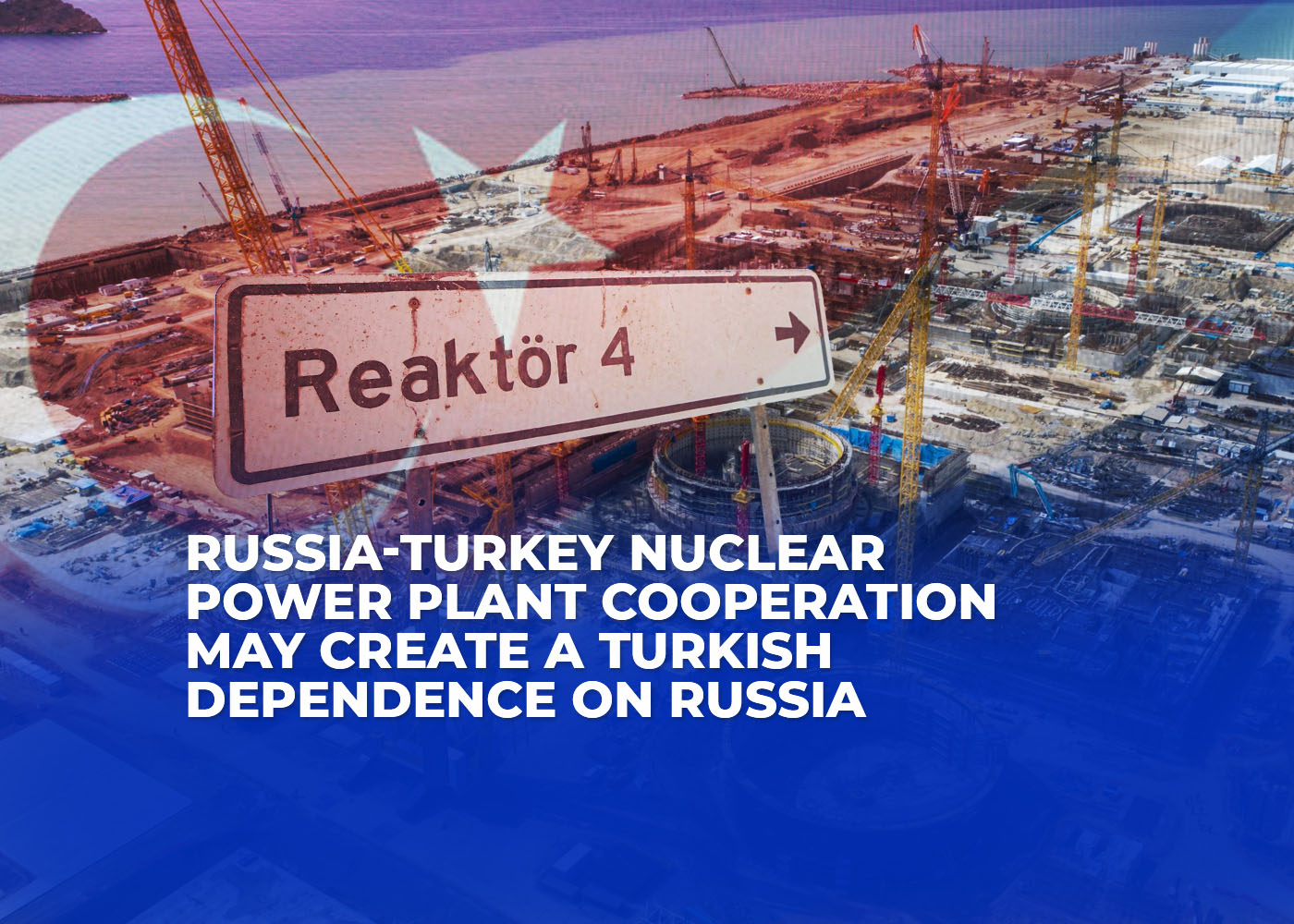
The Akkuyu Nuclear Power Plant – which contains four Russia VVER-1200 reactors – is predicted to be in full operation by 2026. However, such progress has sparked apprehension regarding the dependability of Turkish-Russian atomic collaboration. In May 2023, Turkey will see the arrival of fresh fuel for its very first nuclear reactor.
This Agreement is a Result of Turkey’s 70-Year Search
Since the 1950s, Turkey has been searching for a nuclear power plant. In 2010, Turkey and Russian firm Rosatom officially reached an agreement to create the Akkuyu facility. As part of this partnership, Rosatom will construct, own and run it with up to 80 years of service life – including its decommissioning – under their supervision.
In exchange for Rosatom’s services of providing fuel, managing waste, and helping Turkey build their human capital, Turkey will offer Akkuyu free of charge and agree to buy electricity generated from this site at a rate of 12.35 cents per kilowatt hour for 15 years.

Nuclear Energy Will Reduce Turkey’s Dependence on Fossil Fuel
Turkey’s build-own-operate approach put an end to the years of unsuccessful attempts and affirmed that its nuclear energy program was strictly peaceful. Yet, it also brought with it several challenges. Turkey put forward energy security as the main rationale for their nuclear power plant project and declared they would reduce reliance on natural gas imports from Russia and Iran. Yet the Akkuyu nuclear power plant has made Turkey dependent on unreliable Russian technology, with Moscow having a history of using its energy resources to manipulate nations. The true dilemma lies in potential future collaboration between Russia and Turkey concerning their nuclear projects.
This Agreement May Create New Dependencies in Russia
From an energy security standpoint, the nuclear pact fails to address Turkey’s reliance on Russia’s natural gas and instead serves as a catalyst for further dependence. Now, rather than just depending upon Gazprom alone, Ankara must now rely upon Rosatom—a Russian-controlled company—for nearly every facet of its nuclear power plant program: from building and operating the plant all the way to handling associated fuel needs.
Turkey is taking a substantial risk by partnering with Russia as it requires Turkish students in nuclear engineering to receive their training from the Russians. Although this may be seen as an excellent learning opportunity for those involved, Turkey will become completely reliant on Russia and have no other choice when needing personnel within this field due to none of the other countries operating these reactors.
You might check: 61% of Brits Think Brexit Hurt the Economy







